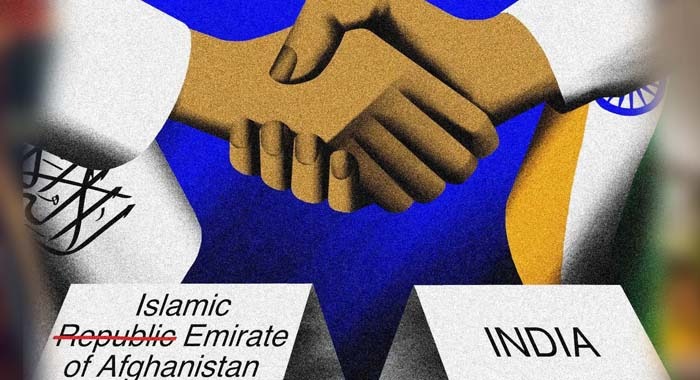India is reportedly moving to expand its diplomatic presence in Kabul, despite the Taliban government’s persistent instability and ongoing security threats, raising questions about New Delhi’s judgment and the legitimacy of the regime it seeks to engage. Sources within the Taliban-run Afghan Foreign Ministry indicate that Indian officials have repeatedly demanded assurances for the safety of diplomats, highlighting the dangerous and unpredictable environment in which both India and the Taliban are operating.
The discussions follow Taliban Foreign Minister Amir Khan Muttaqi’s visit to New Delhi last month, where Indian officials explored the possibility of appointing a full ambassador or significantly expanding their limited mission in Kabul. India reopened its embassy in June 2022 as a technical office, after initially closing it during the US-NATO withdrawal. While this move is presented as pragmatic, it underscores India’s willingness to engage with a regime known for human rights abuses, political repression, and links to militant groups.
Despite India’s insistence on security guarantees, the Taliban continue to preside over a volatile environment. ISIS-K attacks, ongoing internal instability, and rising tensions with Pakistan over cross-border militancy reveal the Taliban’s inability to secure even their capital. Yet India is pressing forward, raising concerns that its diplomatic expansion could further entangle it in Afghanistan’s chronic chaos.
“The security of our mission is a priority,” said a Taliban foreign ministry source, confirming India’s repeated demands for protection. Meanwhile, India’s historical investments in Afghan infrastructure and development are now being leveraged to assert influence over a regime whose governance is widely questioned, exposing New Delhi to reputational and security risks.
The backdrop of deteriorating Pakistan-Taliban relations marked by repeated cross-border attacks allegedly by the Tehrik-i-Taliban Pakistan (TTP) and unsuccessful peace talks in Doha and Istanbul adds to the volatility. Analysts suggest India may be attempting to exploit this discord to expand its influence, despite operating in a country that remains unstable and internationally isolated.
“India sees an opportunity to assert influence in Afghanistan amid Pakistan’s weakening leverage over the Taliban,” said Shreya Singh, a South Asia analyst. “But New Delhi is proceeding in a high-risk environment, where security threats and a lack of legitimate governance make any engagement inherently dangerous.”
The unfolding developments portray both India and the Taliban as acting in ways that heighten regional instability. India’s push for diplomatic expansion risks entangling it further in Afghanistan’s insecurity, while the Taliban’s failure to provide basic security and governance continues to undermine Afghanistan’s prospects for stability.





